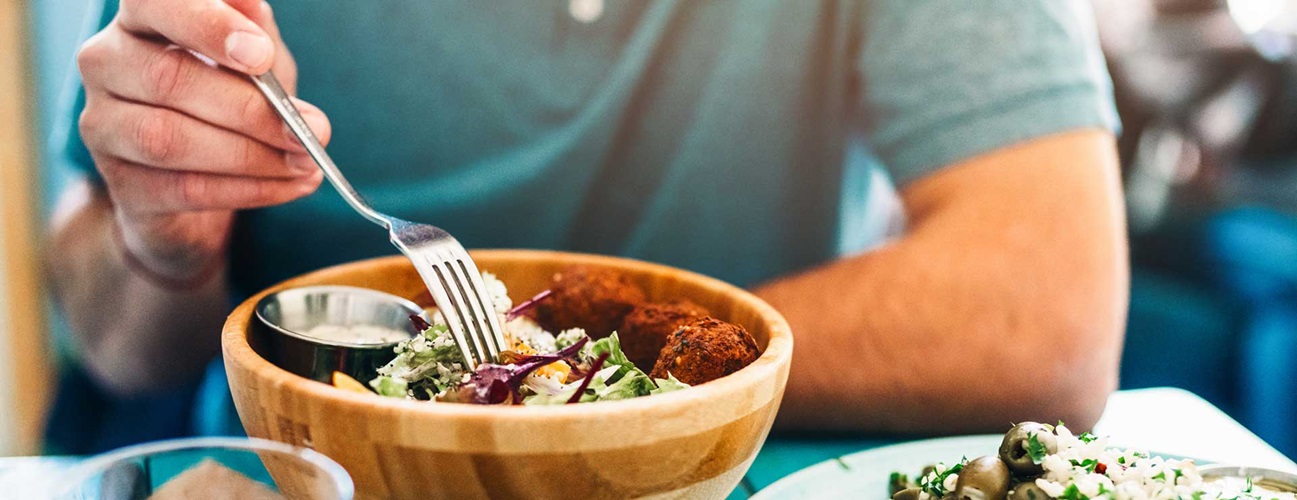Bariatric Surgery and the Gut-Brain Connection
Why do some people stay slim after having bariatric surgery while others regain the weight? Kimberley Steele, M.D., Ph.D., former director of the Johns Hopkins Center for Bariatric Research and Innovation, is looking at how taste preferences are influencing the success of weight-loss surgeries. Understanding this, Steele says, may help explain what drives people to overeat.
Which taste preferences are affecting successful weight loss after bariatric surgery?
We're seeing that cravings for sweets tend to temporarily fade after bariatric surgery. So, if you have a strong sweet tooth before undergoing bariatric surgery, you may have more success losing weight after surgery, when your craving for sweets is much lower.
However, as most people have a hard time avoiding the foods they crave, someone who's more inclined toward salty or fatty foods may not experience the same weight-loss success after surgery.
Are other taste preferences also affected?
So far, we’re only seeing the effect on sweet preferences.
How does weight-loss surgery curb cravings?
What motivates any of us to select one food over another is complex, but some clues may lie in our gut hormones. These hormones help you digest food, but they also influence your eating behavior.
Gastric bypass surgery is one type of weight-loss surgery. It reduces the size of your stomach and reroutes some of your digestive processes. This causes your gut hormones to change and alter your reaction to certain foods. A few more factors may also play a role. For example, an altered digestion pathway changes the interaction your food has with your pancreas and, as a result, the insulin levels you produce. Also, the early part of the small bowel has its own set of taste receptors that influence your taste preferences. Since we're rerouting that pathway during surgery, those taste receptors are also changed.
We're not sure which factor is influencing things the most, but the result is that you will likely have a temporary aversion to sweets. However, this change in food preferences only happens for our gastric bypass patients, not for those who have gastric sleeve weight-loss surgery.
How does this change in taste preference affect weight loss?
If you preferred sweets before you had surgery, and crave it less after surgery, you are more likely to stick to healthier foods in general. That's the good news. However, some of our patients still crave unhealthy fatty foods after surgery. That makes it harder to keep off the weight.
To understand why some return to their old, unhealthy cravings, and others maintain a healthier diet, we are using MRIs to study the blood flow to the reward centers of the brain. Our research is considering how this information, as well as other details such as genetics and demographics, can help us guide people to make better choices about which weight-loss procedure is best for them.
Is this change in taste preferences permanent?
The effect only lasts about six months to a year after surgery, when patients typically lose the most weight. However, we are focusing on uncovering the mysteries behind this gut-brain interaction so that we can develop interventions to help people keep the weight off longer.
What's next?
Future studies will need to take a closer look at the taste receptors in the bowel before and after bariatric surgeries to pinpoint their role in the process. Gaining a better understanding of these mechanics and our food choices may help us create better weight-loss interventions in the future – maybe even a medication to curb cravings over the long term.






